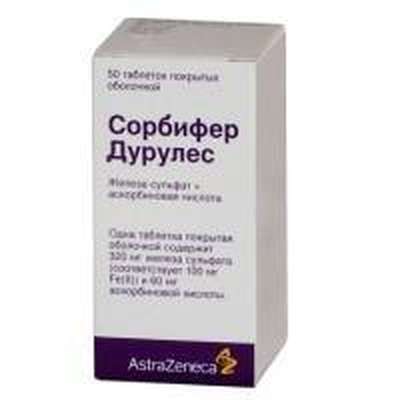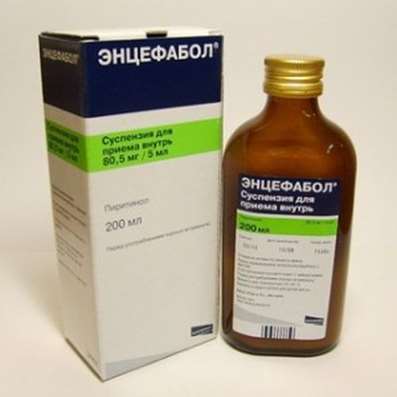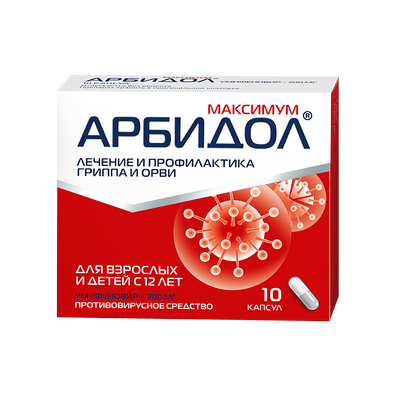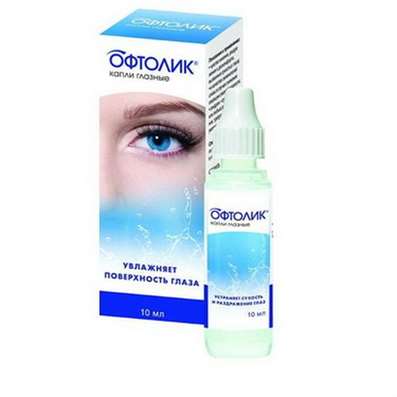Instruction for use: Asthmopent
I want this, give me price
Active substance Orciprenaline
ATX Code R03AB03 Orciprenaline
Pharmacotherapeutic group:
Beta-adrenergic agonist
The nosological classification (ICD-10)
J42 Chronic bronchitis, unspecified
recurrent bronchitis, Bronchitis asthma, wheeze bronchitis, chronic Bronchitis, Inflammatory airways disease, bronchi disease, Qatar smoker, Cough in inflammatory diseases of the lung and bronchus, Exacerbation of Chronic Bronchitis, Chronic bronchitis, Chronic obstructive pulmonary disease, Chronical bronchitis, Chronic bronchitis smokers, Chronic spastic bronchitis, allergic Bronchitis
J43 Emphysema
Interstitial emphysema, Emphysema, Chronic lung disease, Chronic obstructive pulmonary disease, Obstructive pulmonary emphysema, Chronic pulmonary emphysema, Chronic obstructive pulmonary emphysema
J44.9 Chronic obstructive pulmonary disease, unspecified
Obstructive pulmonary diseases, Bronchial obstruction, bronchial obstruction, Exacerbation of chronic obstructive pulmonary disease, reversible airflow obstruction, Reversible airway obstruction, panbronchiolitis, Panbronhit, COPD, Chronic pulmonary infection, Chronic infection of the lower respiratory tract, Chronic obstructive pulmonary disease, Chronic obstructive pneumonia, Chronic lung disease, Chronic obstructive pulmonary disease, Chronic bronchopulmonary disease, Chronic broncho-pulmonary diseases, Airway obstruction
J45 Asthma
Asthma physical effort, status asthmaticus, Bronchial asthma, Asthma lung flow, Bronchial asthma with obstruction of sputum discharge, Bronchial asthma heavy currents, Bronchial asthma physical effort, hypersecretory asthma, Hormone-dependent form of bronchial asthma, Relief of asthma attacks in bronchial asthma, Non-allergic asthma, nocturnal asthma, Exacerbation of asthma, Asthma attacks, Endogenous forms of asthma, Night asthma, Cough with bronchial asthma
Structure and Composition
Aerosol metered dose 1 dose
0.75 mg orciprenaline
Other ingredients: purified soybean lecithin; sorbitan trioleate; dichlorofluoromethane; trichlorofluoromethane
in the cartridge 20 ml - 400 doses; In the paper cartons 1 pc.
Description
The suspension is white to light yellow in color, with a characteristic odor.
pharmachologic effect
antiasthmatic.
It stimulates the beta 2-adrenergic receptors.
Pharmacokinetics
About 3% of an inhaled dose comes from the bronchi into the systemic circulation unaltered. Cmax serum recorded after 2.5 h It is metabolized in the liver.; T1 / 2 - 2.5 hours; excreted in the urine and faeces.
Indications
Relief of asthma attacks in bronchial asthma, chronic obstructive pulmonary diseases (chronic bronchitis, emphysema).
Contraindications
Hypersensitivity, tachyarrhythmias, hyperthyroidism.
Pregnancy and breast-feeding
Perhaps only after consulting your doctor.
Side effects
From the nervous system and sensory organs: restlessness, weakness, dizziness, headache, seizures or muscle tremors.
From the digestive tract: nausea, vomiting, unpleasant taste in the mouth.
Cardio-vascular system and blood (blood, hemostasis): increased blood pressure, heart rhythm disturbances, tachycardia, palpitations, feeling of pressure in the chest.
Other: allergic reactions, sweating, hypokalemia, cough; very rarely - paradoxical bronchospasm and increased attack of breathlessness.
Interaction
Other beta-agonists and sympathomimetics (the combination is not recommended), anticholinergics, and methylxanthines increase the effect (may cause restlessness, headache, dizziness, palpitations, hypokalemia), MAO inhibitors and tricyclic antidepressants potentiate the effect on vascular smooth muscle.
Dosing and Administration
Inhalation. Adults and children over 12 years: 1-2 inhalations once if necessary - again (not earlier than 20-30 minutes). When used regularly, the intervals between inhalations is 4 hours maximum daily dose -. Not more than 12 doses.
Applying an inhaler
The first application should shake the inhaler and press 1 or 2 times on the metering valve. Inhalation should:
1. Remove the cap from the mouthpiece. Ensure clean the inner and outer surface of the mouthpiece.
2. Shake the inhaler.
3. Hold the inhaler upright, placing your thumb on the base of the cartridge. The arrow on the label and the basis of the cartridge should be facing up.
4. Take a deep breath, insert the mouthpiece into the mouth between the teeth (no biting it) and tightly encircle the mouthpiece with his lips.
5. Start breath through your mouth, press the base of the cartridge, while continuing to do a calm and deep breath.
6. Hold your breath, remove the inhaler from the mouth. Continue as possible to restrain the breath.
After inhalation, the mouthpiece should be closed.
Plastic body of the inhaler and the mouthpiece cover should be cleaned with warm water for at least 1 time per week. Dried in a warm place, preventing overheating.
Precautionary measures
With caution is prescribed for coronary artery disease, hypertension, decompensated diabetes mellitus, epilepsy, in combination with MAO inhibitors. Not recommended simultaneous reception with non-selective beta-blockers.
Storage conditions
In the dark place at a temperature no higher than 25 ° C (do not freeze).
Keep out of the reach of children.
The shelf life
3 years.
Do not use beyond the expiration date printed on the package.

 Cart
Cart





